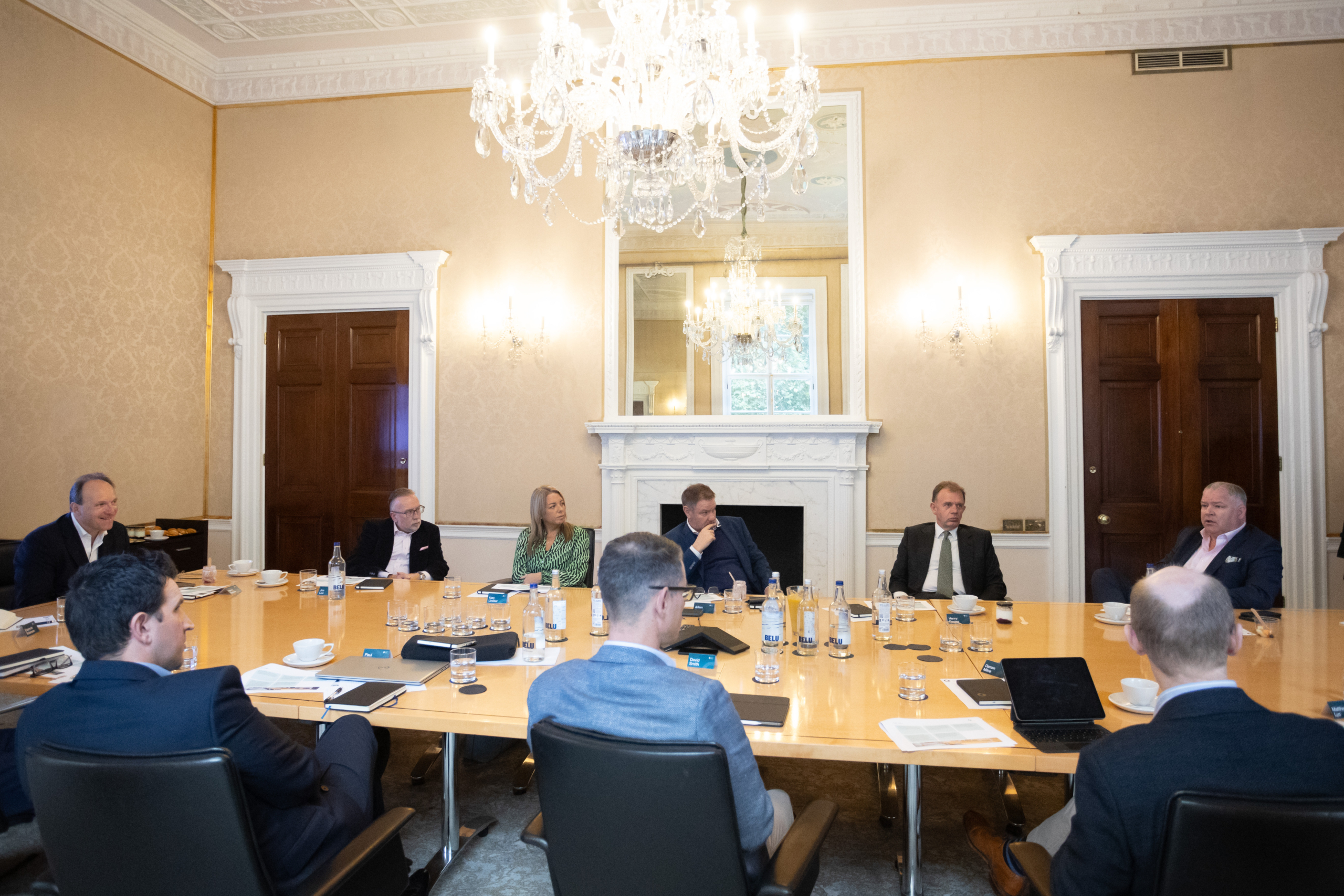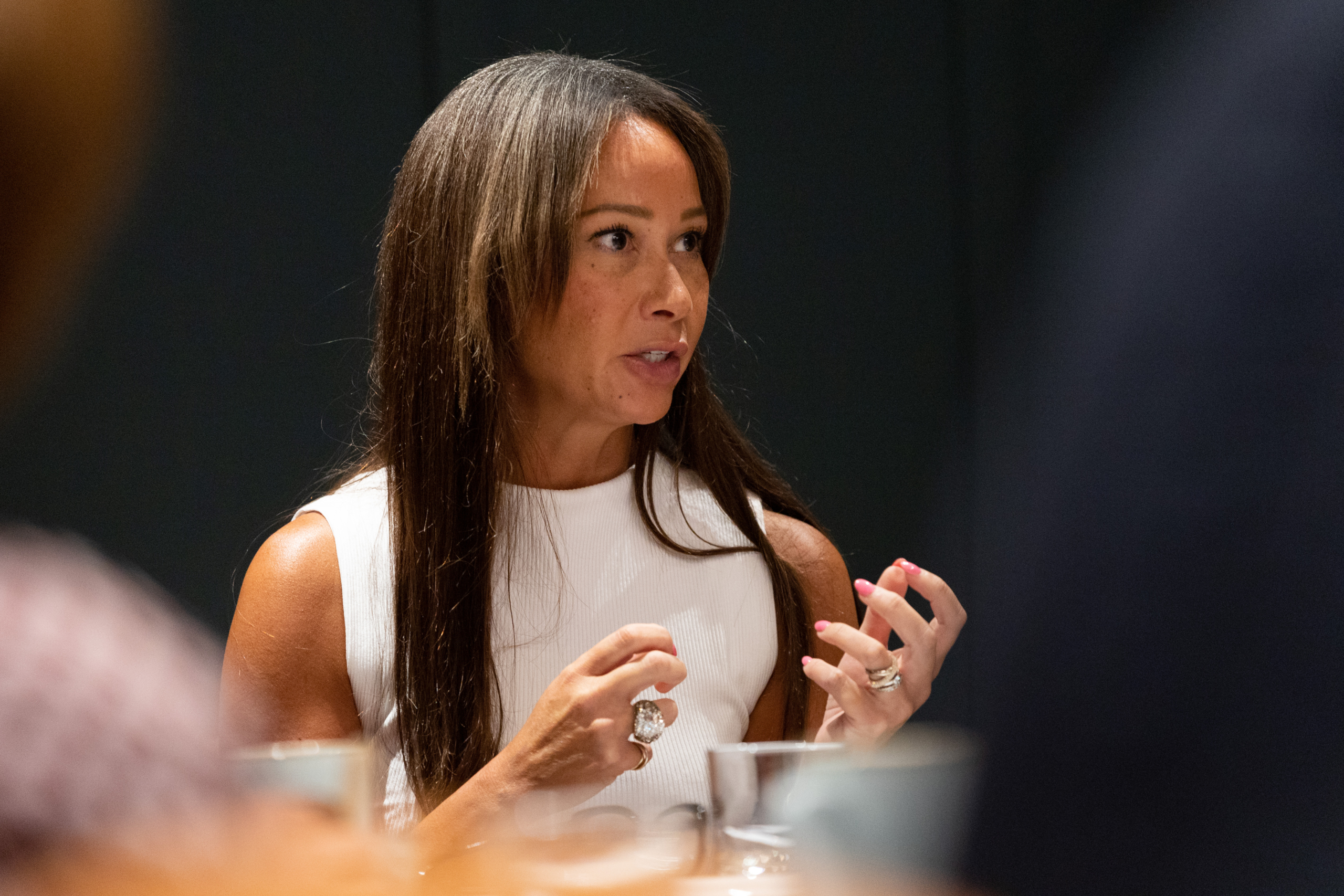
Healthcare Insight
From back office to boardroom: why HR belongs in the C-suite
September 25th 2025
For years, HR has fought to move beyond its back-office image and now, change is finally coming.
At a recent Compass Carter Osborne round table, senior HR leaders from across health and social care shared a growing conviction: culture, capability and workforce strategy are now so central to organisational success that HR deserves a permanent seat at the top table.
“If there are cultural issues, you need someone assessing that from the very top. And if their focus is just on process and numbers, that’s not going to drive meaningful change.”
The time may be right. With AI transforming how work is done, new legislation redefining employee rights, and generational shifts upending workplace expectations, organisations are increasingly recognising that people leadership is business leadership.
From enabler to architect
Historically, HR’s remit has centred on compliance, recruitment, and employee relations. But the modern CPO is expected to influence everything from digital transformation to ESG, organisational resilience and strategic communications.
Several panellists described a step-change in how their boards now engage with HR, not as a support function, but as a critical driver of change.
“At a time when everything feels uncertain, people leaders are the ones who can anchor the organisation. That’s a huge responsibility and a huge opportunity.”
The most progressive organisations are already acting on this. Some CPOs are moving into CEO and COO roles. Others are being brought into the boardroom as strategic advisers with influence over long-term direction.
Culture as commercial strategy
The shift isn’t just about seniority, it’s about outcomes. As panellists pointed out, few metrics impact performance as directly as culture. Absence, retention, engagement, innovation, all are shaped by the human experience of work.
Yet too often, HR leaders struggle to get traction on these issues because they’re seen as intangible or emotional.
“We need to be able to talk about culture in a way that resonates commercially. That’s when we get listened to.”
That includes using data more effectively, linking people metrics to operational performance, and confidently advising on risk and resilience.
Making the leap
Despite the momentum, barriers remain. In many organisations, HR is still pigeonholed, its strategic potential underestimated by both boards and, at times, HR professionals themselves.
But as the round table made clear, the stakes have changed. In a sector powered by people, the case for people leadership in the C-suite has never been stronger.
“It’s about impact. The organisations that will succeed are the ones where HR doesn’t just support the business, it helps shape it.”
In brief:
- Workforce strategy is now central to business performance and HR leaders should be at the core of decision-making.
- CPOs are increasingly moving into board-level roles, helping shape culture, digital transformation and strategic direction.
- The most successful organisations will be those that see HR not as a function but as a force.
Are you seeking a trusted partner to support your executive search in healthcare?
We bring decades of executive search experience and a proven track record of success across our dedicated sectors. Our investor clients rely on us time and again to build exceptional leadership teams that drive growth and deliver results.






